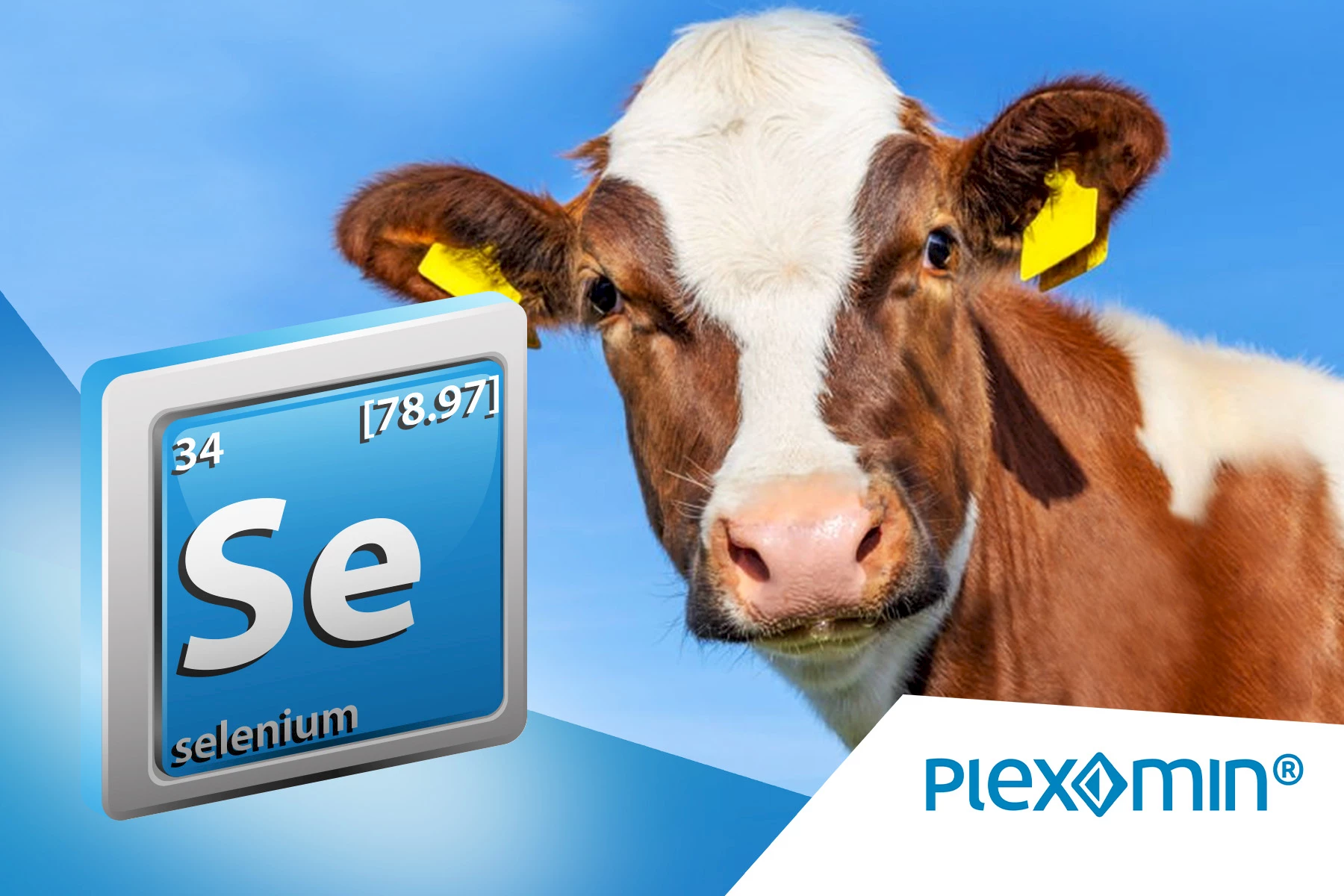
Highly bioavailable selenium increases the activity of protective enzymes such as glutathione peroxidase and superoxide dismutase. These enzymes accelerate the process of neutralising ROS, thus helping to reduce the associated damage. Several studies show that the production of heat stress proteins decreases when selenium is supplemented with highly available selenium sources. As a result, resources are freed up for the animals’ growth and production.
An additional benefit of highly available selenium is the improvement of meat quality (drip loss, shear strength, shelf life).
Reach out to our experts Yvonne Link or Maximilian Timpfler, Product Management Plexomin, for more details: Yvonne Link or Maximilian Timpfler.
Or visit the Plexomin product page >>
Scientific sources of information are available on request.
Contact our experts or send us a message. We will contact you as soon as possible.